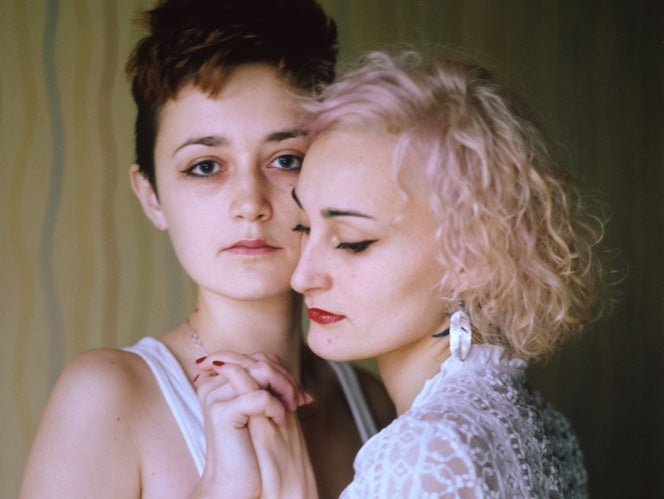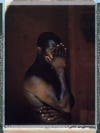Robin Hammond On Creating a World Where Love is Never Illegal
“The power of authentic personal stories is they have the potential to break down the barriers that divide”


St Petersburg, Russia. November 2014

Nigeria, April 2014
In the last few years within the United States there have been a number of victories for members of the LGBT community—openly trans people gaining acceptance in Hollywood, executive orders against LGBT workplace discrimination and the legalization of same-sex marriage throughout the nation. With all of these landmark achievements it’s easy to forget that in 2016 there are still 2.8 billion people who live in countries where consensual same-sex acts between adults are a crime.
“One would think we would moved past this barbaric notion that one should be killed for who you are attracted to,” award-winning photographer Robin Hammond says in a new TED Talk.
This stark realization—that in many places around the globe individuals continue to be persecuted because of their sexual or gender identity—is what led Hammond to initiate his global portrait project Where Love is Illegal.
Pulling off a successful portrait based project is tricky when your subjects are people who have been forced to hide their true identities their entire life.
“A photograph poses a great risk,” Hammond explains in his talk. “For some, should they be identified they could face further persecution. For others, they could be killed. But they wanted their stories heard and I was desperate to share them. The only way that could happen is if it was done on their terms.”
Hammond approached this conundrum by adopting a new way of photographing his subjects. From the get-go every session was an “intimate collaboration” he says. His subjects selected their clothing, their pose and how much of their face they would reveal. He asked to hear their stories as well—a written testimony of the things that they had experienced in their life. Hammond shot using large format polaroid film, that way every single sitter would have an opportunity to destroy their image if they felt it might endanger them.
But according to Hammond very few of the Polaroids were destroyed during the year-long project. “Here, perhaps for the first time, they were able to control how they were seen and how they were heard,” he says.
Although the faces of his subjects are often concealed, the portraits and the accompanying stories from each sitter remain utterly magnetic.
“The power of authentic personal stories is they have the potential to break down the barriers that divide,” says Hammond. “They have the power to have us see the person and not just the label.”
Check out Hammond’s full talk in the video below.
